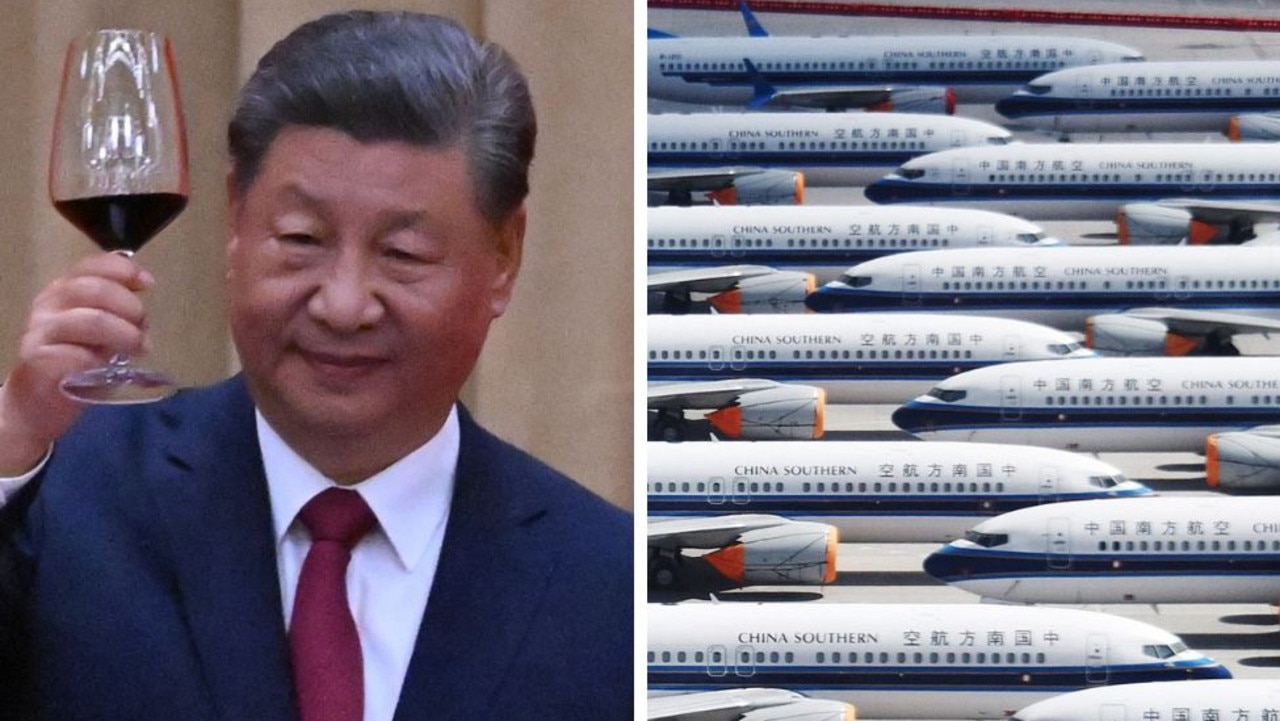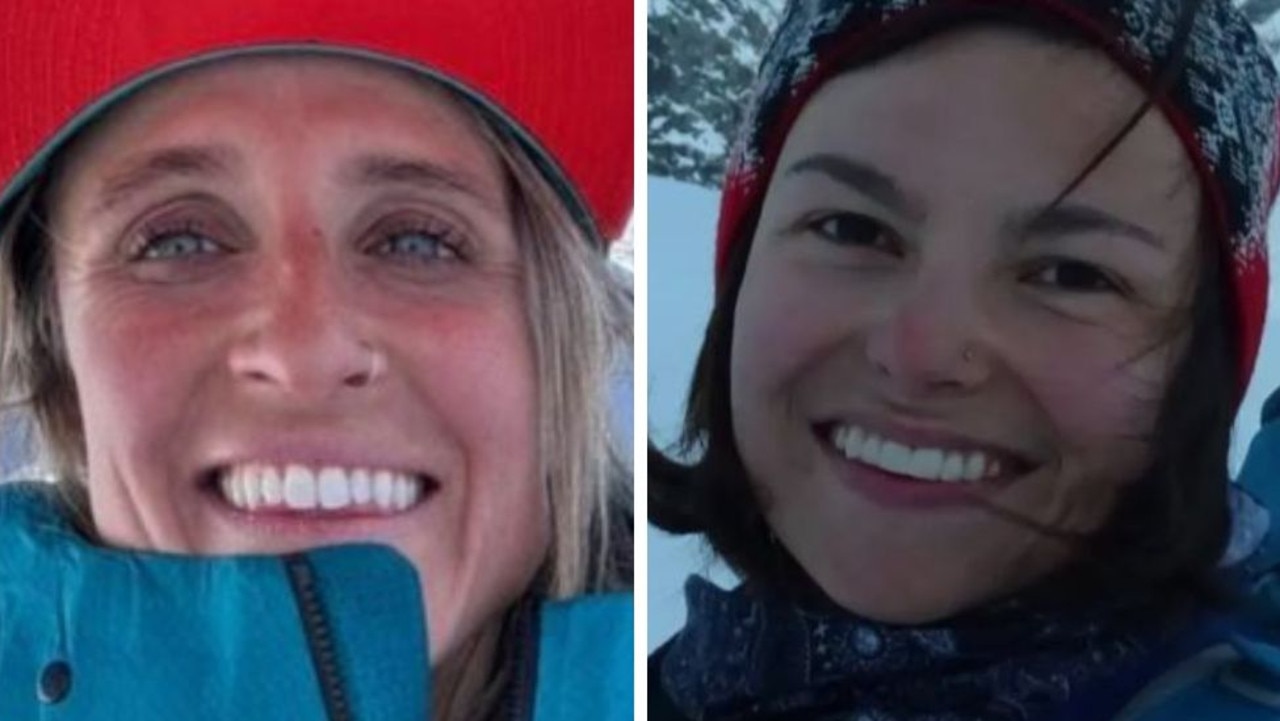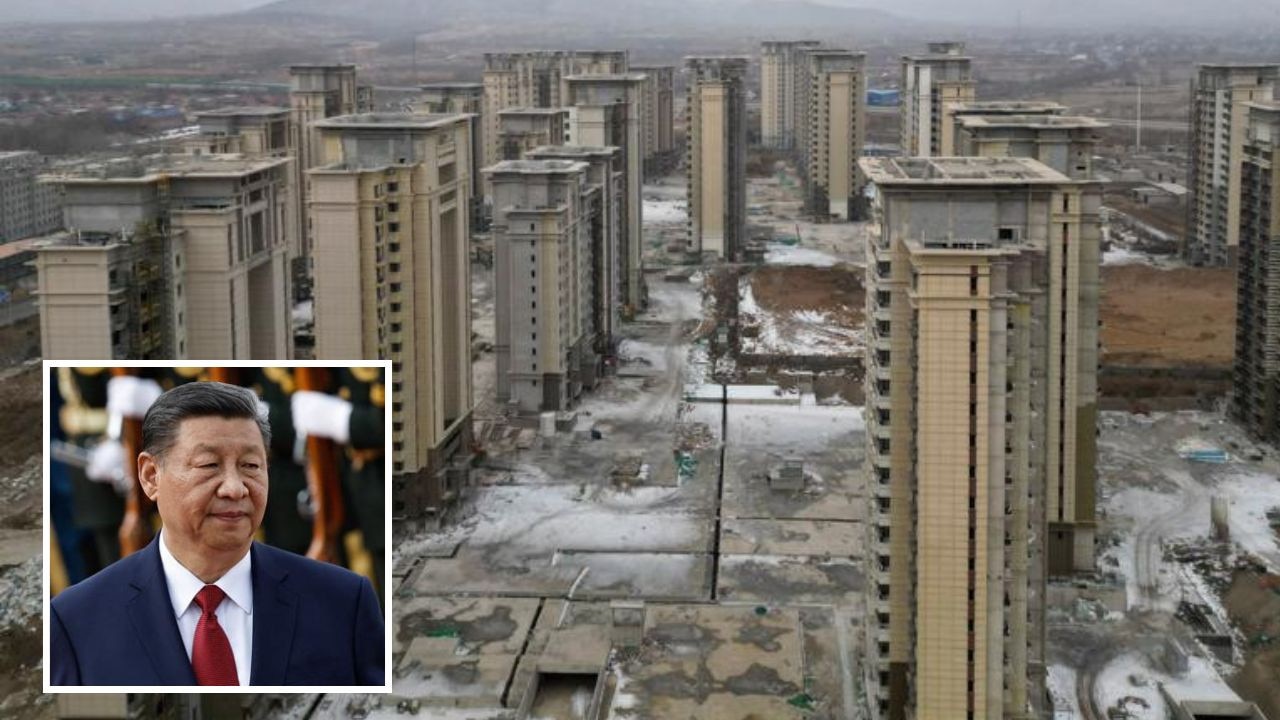One in 100 Filipino kids trafficked, Aussies main offenders
Nearly one in 100 Filipino children were trafficked to produce sexual exploitation material last year and Aussies are part of the problem.

An alarming study on child trafficking has painted a truly horrifying picture, finding nearly one in 100 Filipino children were trafficked in 2022 alone to produce child abuse material.
The Scale of Harm report by International Justice Mission and the University of Nottingham Rights Labo, released on Thursday, specifically examined lifestreamed child sexual abuse content.
This is where a local trafficker sexually abuses a child in person while a foreign offender, usually from a Western country, watches the abuse on a video call.
Australia is the third-highest contributor to payments for such content behind the United States and the United Kingdom, according to the Philippine Anti-Money Laundering Council.
The report estimated that nearly a quarter of a million adult Filipinos, or roughly three in every 1,000 adults, engaged in this type of trafficking last year, equating to an average of two victims per trafficker.
A key recommendation from the report is for there to be a crackdown on big tech companies - including safety regulations for tech devices made or sold in the Philippines, enhancing tech platform safeguards, and speeding up reporting from tech and financial sectors.
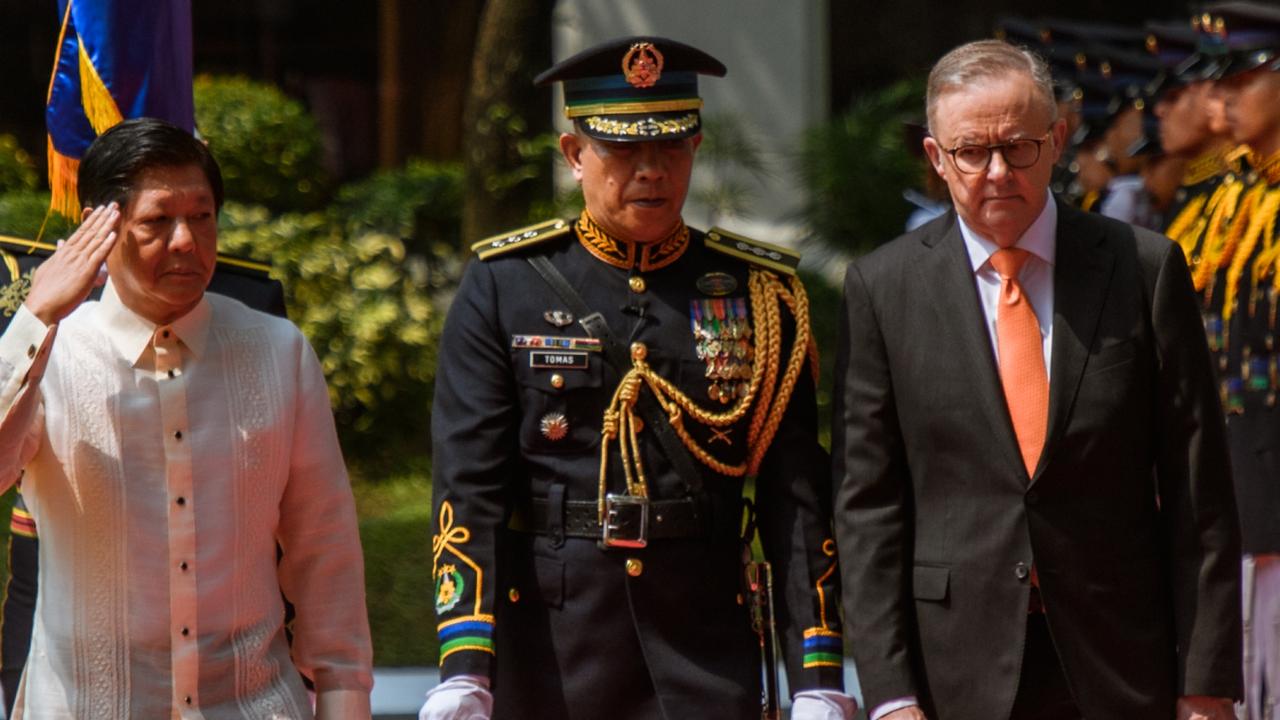
Experts believe the Philippines has become a global hotspot for child sex exploitation due to toxic mix of factors including poverty, English fluency and high internet connectivity in the country.
“It’s just dreadful. It’s such an underreported crime that it was really difficult to know just how prevalent it is,” International Justice Mission Australia chief executive Steve Baird told the Sydney Morning Herald.
“So this bit of research is the first time, I think, anywhere globally that we’ve really had a pulse on the size of this and it’s shocking.”
Mr Baird is adamnent big tech companies must get on board.
“The single biggest thing that can be done is [for] the tech companies to use technology that’s designed to prevent or disrupt lifestreamed child sexual abuse, including the manufacturers of camera-enabled devices as well because the technology does exist,” he said.
“You saw with the terrible massacre in Christchurch [in 2019] when terrorism was lifestreamed, that was a moment in time when Facebook said ‘you can’t have that’ and actually took some proactive steps.
“One of the things that disturbs me is a lot of it is just happening on the normal web through these regular social media channels. The size and the scale of it tells us that in a way.”
Big win
Earlier this year a routine check of a Queensland’s man’s bag at Sydney Airport as he returned from the Philippines revealed child abuse material on his phone and led to 16 Filipino children being rescued.
Manila-based AFP Detective Superintendent Andrew Perkins said the AFP worked tirelessly with national and global partners to save the children.


“This case highlights how vital it is for law enforcement agencies to share intelligence and resources globally, because predators are not confined by borders,” Det Supt Perkins said at the time.
“This is a record number of children rescued in a single operation and we are grateful to be able to support the efforts of the Philippine National Police and the Philippine internet Crimes Against Children Centre to remove these children from harm.”
Worst case
The bust came on top of an arrest of an Australian man in November last year.
Peter Gerard Scully was sentenced to 129 years in a Philippine jail as part of a child sexual abuse case involving victims as young as 18 months.
It was the second conviction for Peter Gerard Scully, who is already serving a life sentence for an initial batch of charges involving the rape and trafficking of girls.
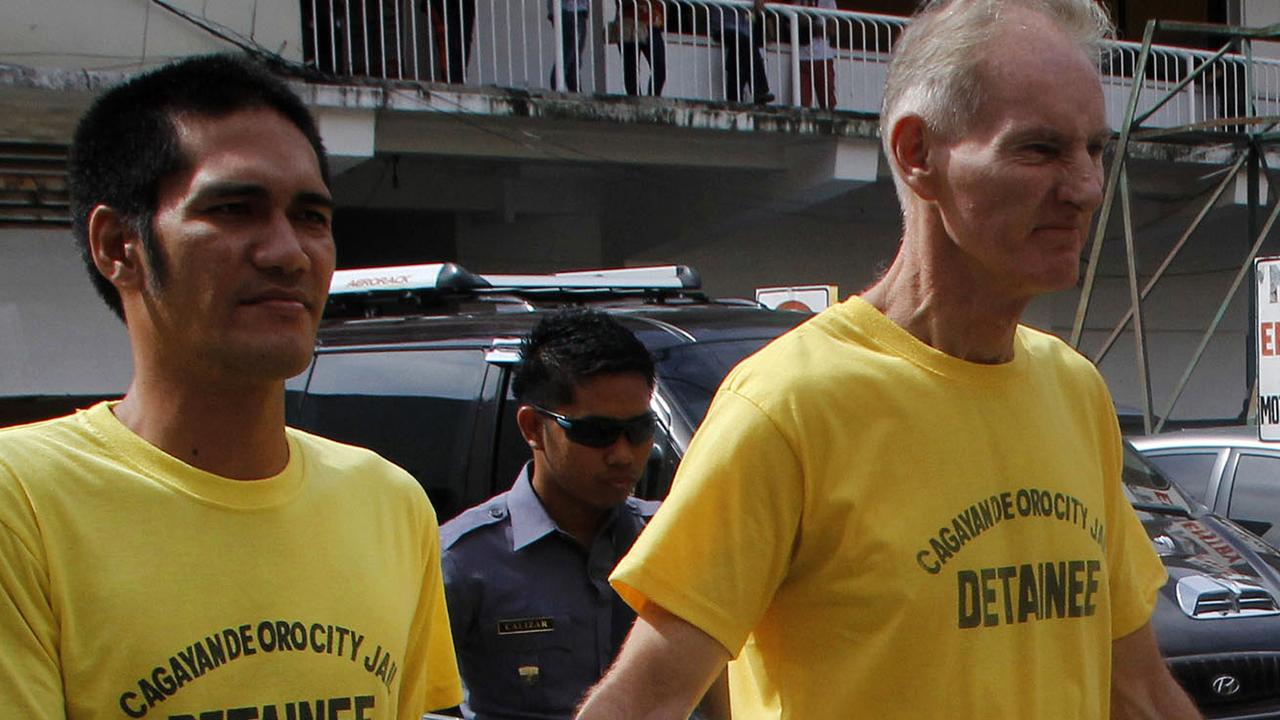
Victims included an 18-month-old baby girl and an 11-year-old child whose body was found buried under the floor of a house rented by Scully, Barola-Uy said.
Scully was arrested in 2015 in Malaybalay, another southern Philippine city, after fleeing from Australia in 2011.
He had come to the Philippines to escape fraud charges in his home country. He then set up a cybersex business, filming teenage girls from impoverished families as he had sex with them or used sex toys, investigators said previously.
The videos were allegedly sold to customers in Germany, the United States and Brazil.
-with AFP and Clare Sipthorpe




